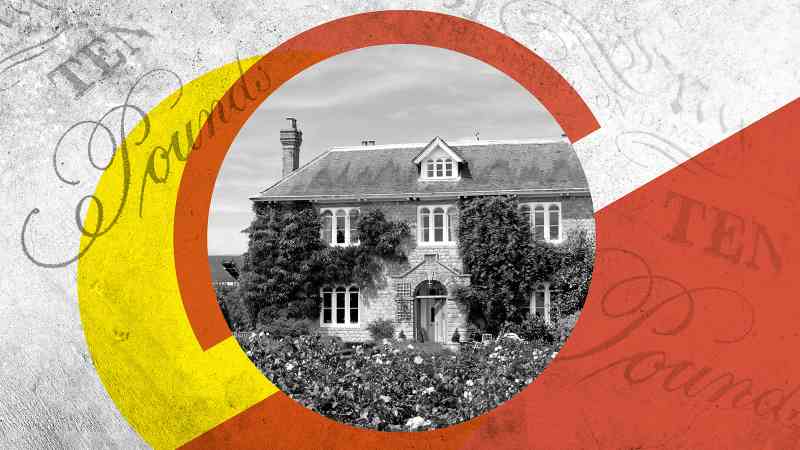The water industry deserves a fresh start
The water industry is at a crossroads. On Wednesday, water companies responded to Ofwat’s initial determinations on its five-year investment plans.
Our regulator now has a choice: maintain a status quo that condemns the industry to struggle to meet public expectations; or draw a line under the past and enable the investment to kickstart a new cycle of improvements. As Water UK, the industry’s trade body stated this week, if the regulator does not change its position on company plans, the process could “result in significant investability issues for the sector as a whole”.
The industry has made mistakes and Thames Water does not shy away from its own responsibility. It’s an uncomfortable truth that some of the root causes of our challenges have been homegrown. Today, we are starting to see progress: Thames is under new management, we have the right team in place and the right plan to turn around our business.
• Water industry warns of risk it won’t raise £7bn for clean-up plan
We must invest because water companies have been battling to provide an essential service with ageing infrastructure while trying to meet the demands of a growing population and a more extreme climate.
At Thames, we manage 20,000 miles of water pipes and 70,000 of sewers. We have the oldest assets and serve the most densely populated region in Britain. Almost 40 per cent of our assets are over 100 years old. The average age of our assets is 79 years, compared to the industry average of 56 years. We serve 30 per cent more people than we did 40 years ago.
Ofwat has rightly focused on ensuring customers get value for money. But this has brought us to the point where our need to meet future demand for water and waste can’t be met without increasing customer bills. Over the last 20 years our customers’ bills have been flat at around £1 per day, adjusted for inflation.
Increases in bills are never easy and so we’re stepping up support for customers who struggle. We’re reducing bills for one in ten households, typically with discounts of 50 per cent.
We’re repairing pipes at double the rate of other companies and by next spring we anticipate we will have spent £2.7 billion more than our allowances over the last 15 years. Yet we’ve still only been able to repair most assets rather than replace them.
The shortfall in what we’ve been allowed to charge has led the company to do less than it should have done to look after its assets and invest for the future. It has also led us to borrow, in anticipation of increased future settlements which haven’t then materialised.
The result is an ailing sector that has faced frequent sanctions. Of course, we must be held rigorously to account, but Ofwat’s interventions seem to many to be increasingly punitive in nature, with little regard to how improvements can be achieved. As the most recent chair of the environment select committee observed, continual punishment simply increases the risk of further failures.
We need to break out of this cycle and improve our assets to deliver more for customers and the environment. Our latest plan sets out over £23 billion of investment to fix leaks in ageing pipes, reduce overflows into rivers and meet the challenges of population growth and climate change.
We need to bring in new money from new equity and new debt, so that we can spread the expense and not expose customers to the entire cost over a five-year regulatory period.
We must all face up to the fact that it is going to be a tough task to bring new equity into the sector. There are no generous benefactors waiting in the wings. In the end, the money the sector needs will come from striking an equitable balance between customers and investors.
The country needs a water industry that can rebuild public confidence, attract private capital and get on with the job of providing clean water and removing wastewater efficiently and effectively. Whether we get that industry is now a decision for Ofwat.
Sir Adrian Montague is chairman of Thames Water






